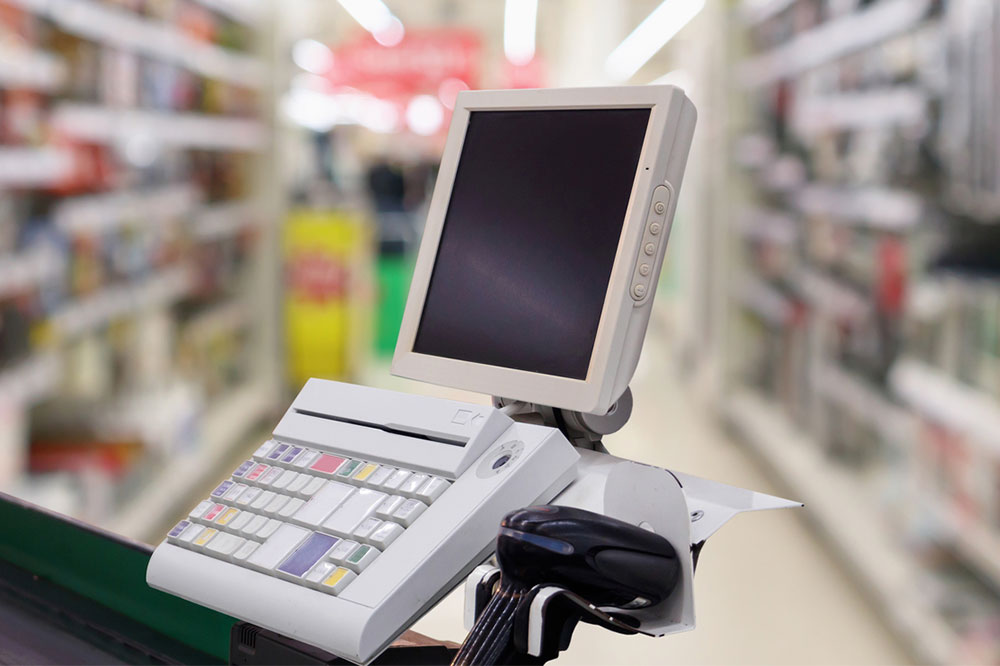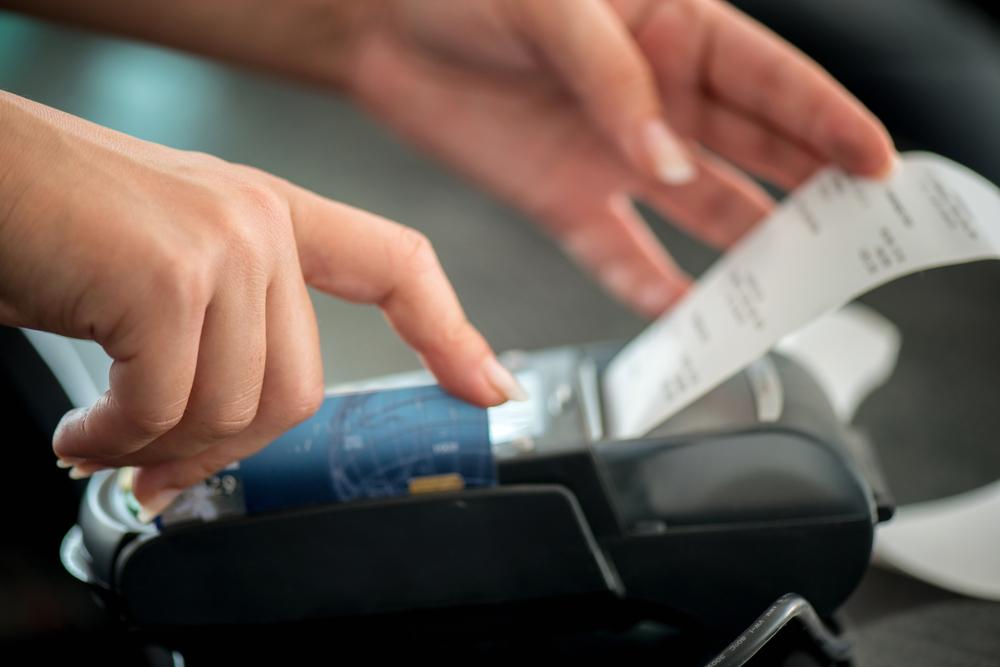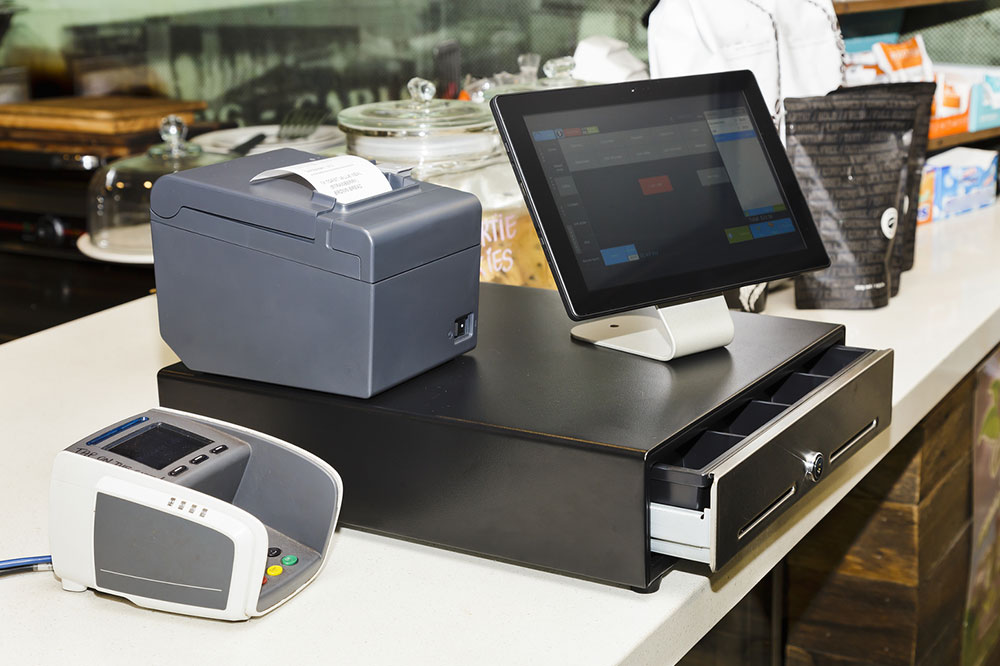Essential Factors for Selecting the Ideal POS System
Selecting the right POS system is vital for business efficiency and growth. Key factors include budget considerations, feature requirements, cloud versus offline options, and ease of use. A well-chosen POS improves transaction accuracy, record-keeping, and customer experience, making it an essential investment for retail, hospitality, and service industries. This guide helps businesses analyze these critical aspects to find the best POS solution tailored to their specific needs.
Sponsored

As your business grows, choosing the right point of sale (POS) system becomes crucial. An effective POS solution simplifies transactions, streamlines record-keeping, and enhances overall efficiency for both new and seasoned entrepreneurs. To maximize benefits, selecting a system aligned with your needs is vital. This article highlights four critical factors to consider when choosing a POS system, ensuring you make an informed decision that supports your business expansion.
Budget Considerations
When evaluating POS options, many focus solely on initial costs. However, it's important to also account for ongoing expenses such as licensing fees, hardware compatibility, setup costs, and maintenance. These additional costs can significantly impact your budget, especially when factoring in necessary peripherals like cash drawers and barcode scanners, along with installation charges.
Functional Requirements
POS systems are versatile tools used across industries like retail, salons, cafes, and restaurants. Your choice should depend on your business type and size. Clear identification of essential features ensures you select a system that effectively supports your operations and growth.
Cloud-Based vs. On-Premise
Deciding between cloud-enabled and traditional offline POS solutions is crucial. Cloud POS systems offer online data storage, enabling remote access and easier updates, provided you have internet connectivity. Offline systems store data locally, which may be suitable for areas with unstable internet but might lack flexibility. Your choice depends on your business’s operational needs and technological infrastructure.
Ease of Use
Usability is a key factor—especially if you or your team are not tech-savvy. A complex system can hinder daily operations and training. Conversely, an intuitive, user-friendly POS increases efficiency, minimizes errors, and improves customer satisfaction through faster transactions.






